Accurate EMG testing that pinpoints exactly what’s causing your symptoms so you can move forward with the right treatment.
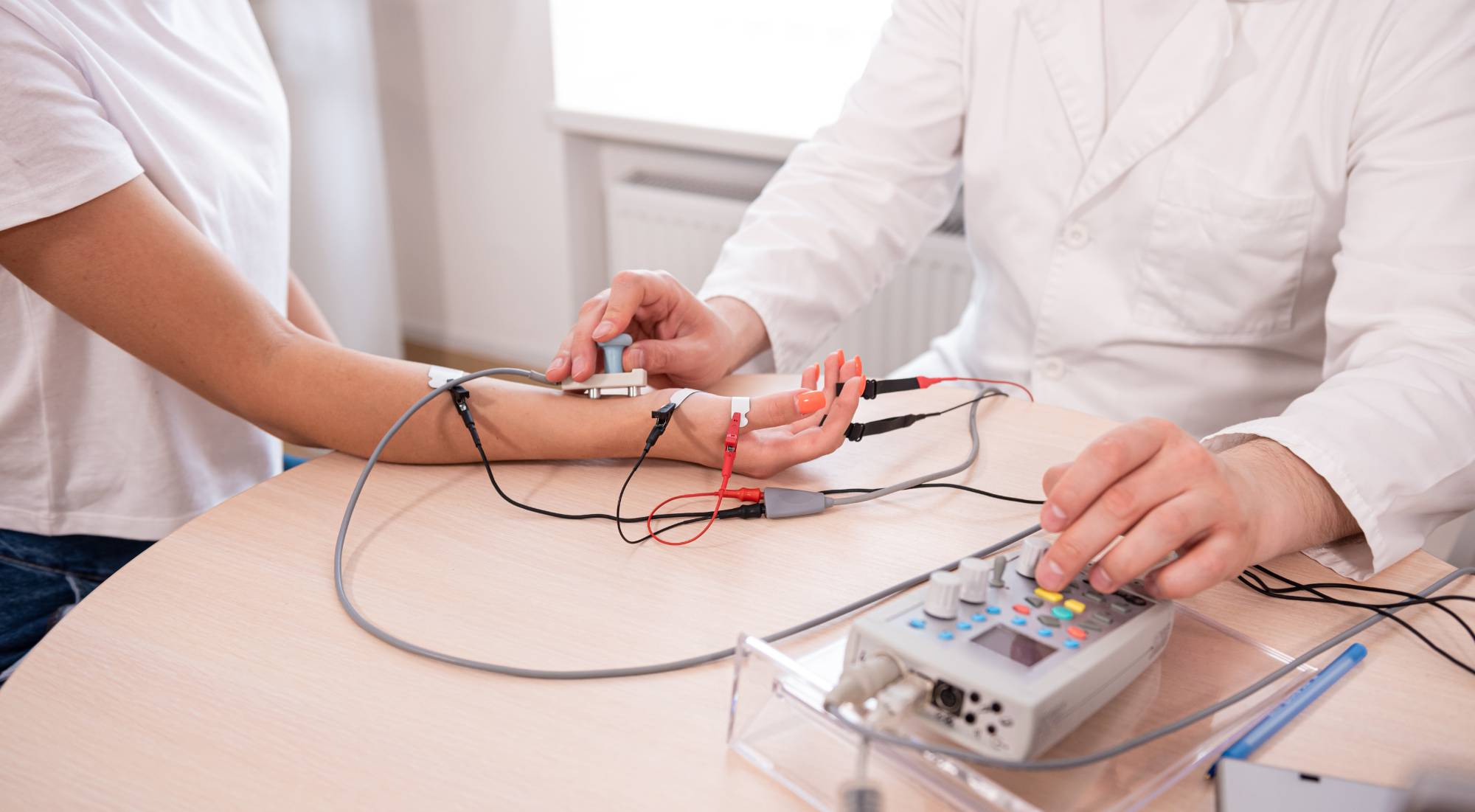
Reviews
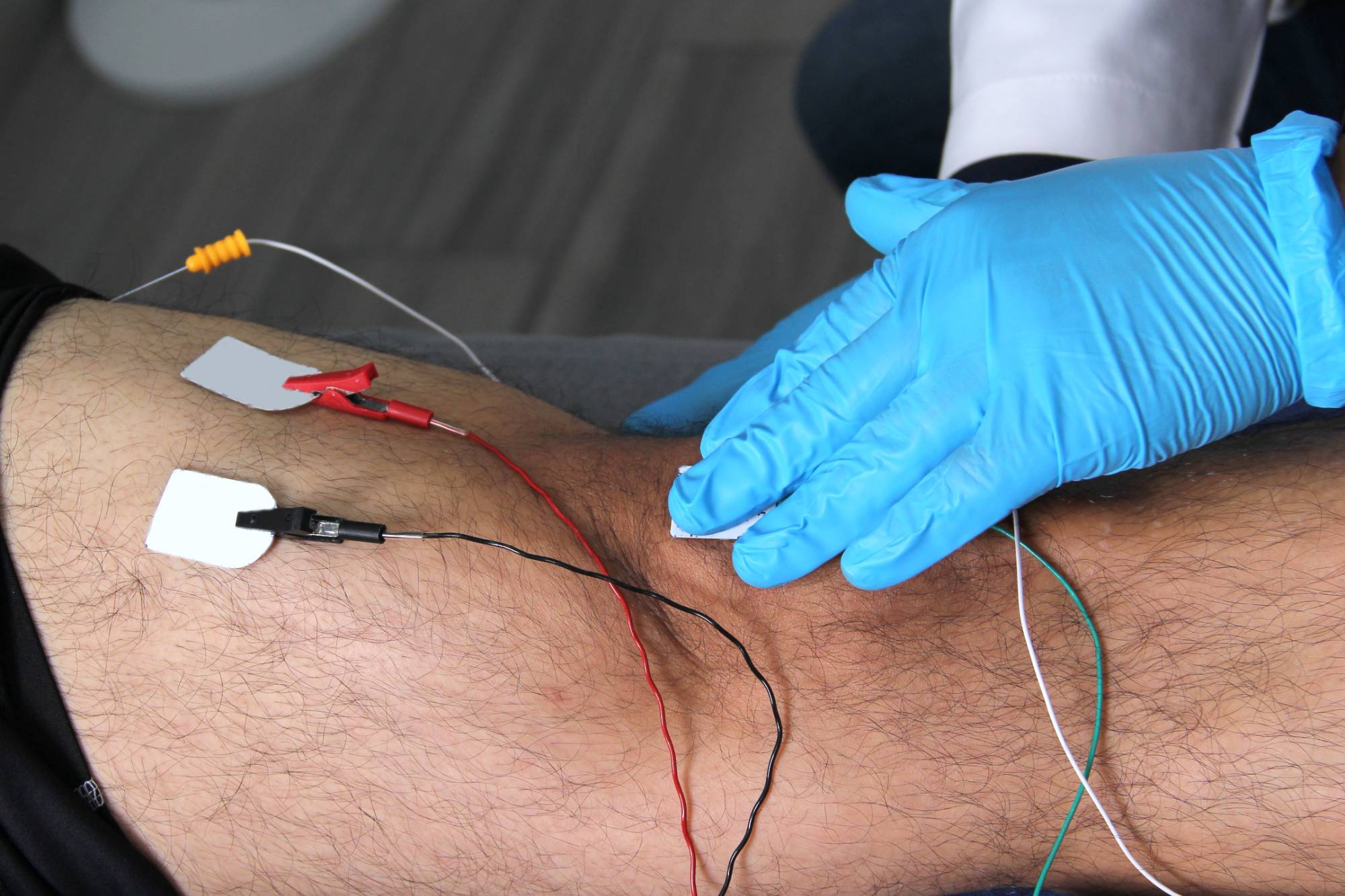
You’ve been dealing with numbness, tingling, or muscle weakness long enough. The uncertainty is almost worse than the symptoms themselves.
EMG testing gives you concrete answers. We measure how well your nerves and muscles are working together, identifying exactly where problems exist and how severe they are. No more guessing about whether it’s carpal tunnel, a pinched nerve, or something else entirely.
Most patients leave with a clear understanding of their condition and what treatment options will actually help. That’s the difference between spinning your wheels and making real progress toward feeling better.
We’ve been providing diagnostic testing and spine care to Fresh Kills and the greater Staten Island area for years. Our physicians are board-certified specialists who understand that accurate diagnosis is the foundation of effective treatment.
We’ve performed thousands of EMG tests and nerve conduction studies. You’re not our practice case – you’re getting tested by doctors who know exactly what they’re looking for and how to find it.
Our focus stays on you getting the answers you need, not on rushing through appointments or keeping things vague.
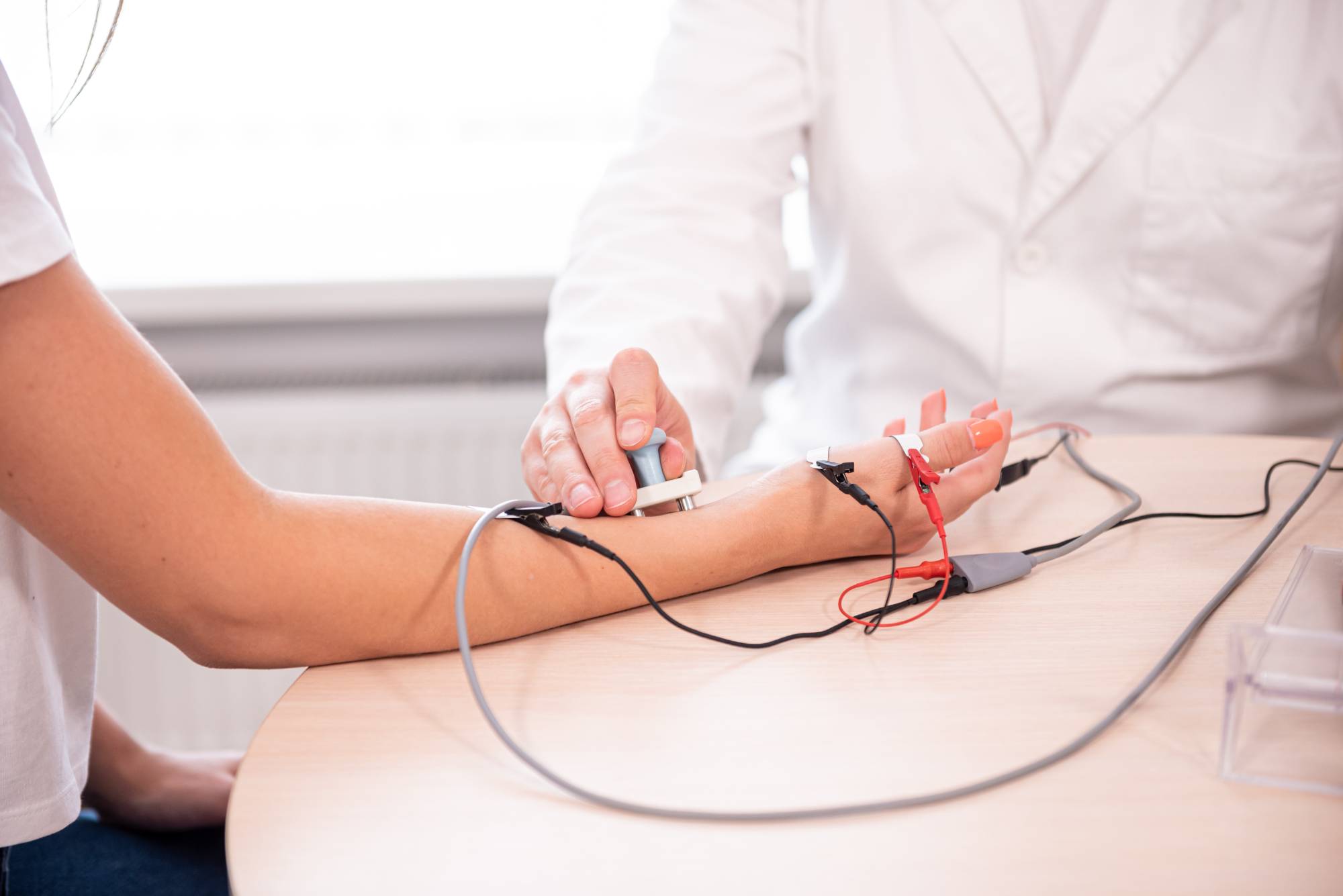
The EMG test has two parts: nerve conduction study and needle electromyography. First, we place small electrodes on your skin and send mild electrical pulses to measure how fast your nerves transmit signals. You’ll feel a brief tingling sensation, but nothing painful.
Next, we insert a thin needle electrode into specific muscles to measure their electrical activity. The needle is much thinner than those used for blood draws. We’ll ask you to relax certain muscles, then contract them gently while we record the signals.
The entire process typically takes 30 to 60 minutes depending on how many areas we’re testing. You’ll get preliminary results right away, with a detailed report sent to your referring doctor within a few days. Most people are surprised by how manageable the whole experience is.
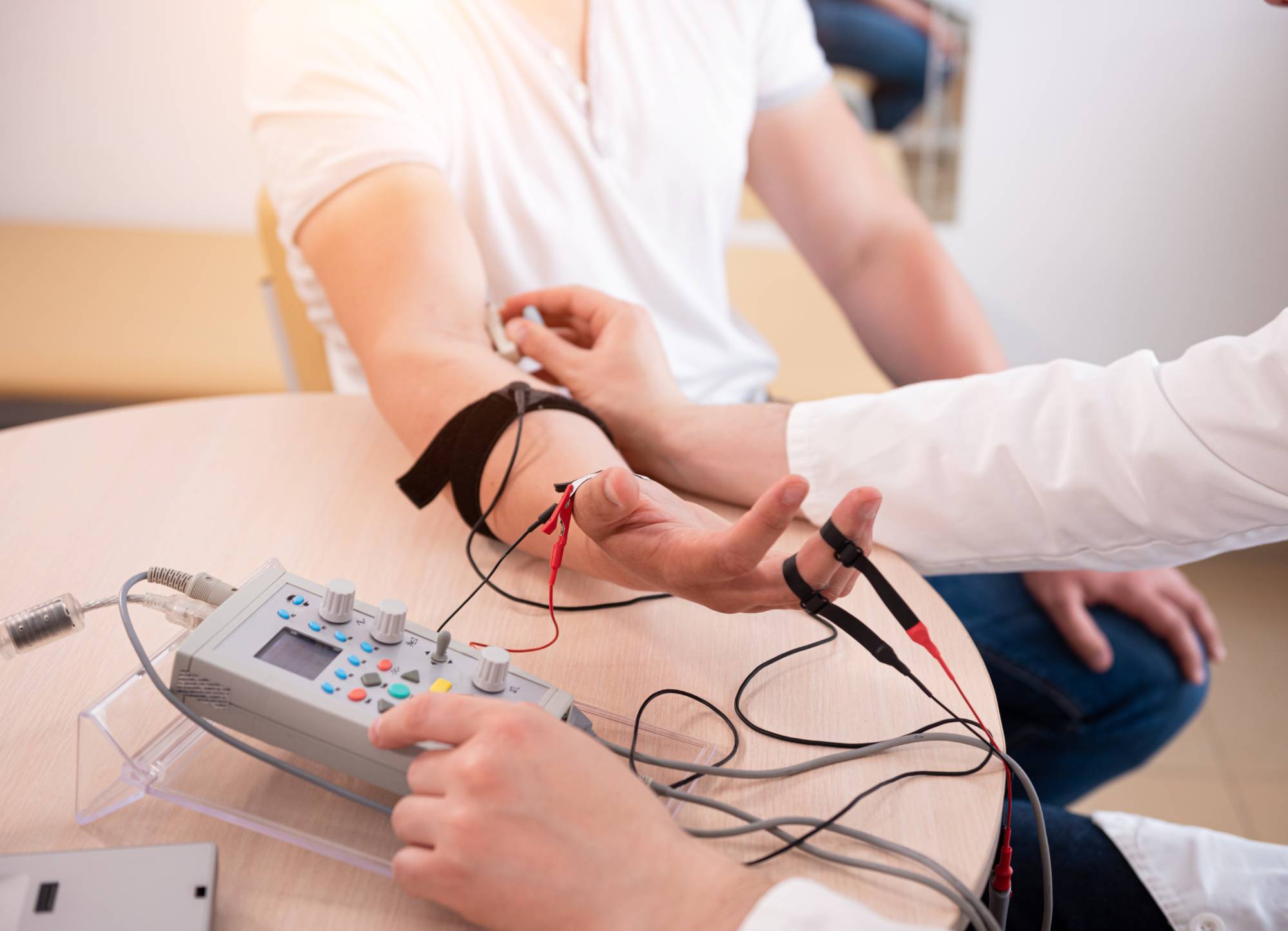
Ready to get started?
Our EMG testing covers both nerve conduction studies and muscle testing to give you a complete picture. We test for conditions like carpal tunnel syndrome, ulnar neuropathy, radiculopathy, diabetic neuropathy, and muscle disorders that cause weakness or cramping.
You’ll receive detailed explanations of what we’re testing and why. We don’t just hand you results – we make sure you understand what they mean for your specific situation and treatment options.
Fresh Kills residents choose us because we take the time to do thorough testing and clear communication. Your referring doctor gets comprehensive reports that help them develop the most effective treatment plan for your particular condition.
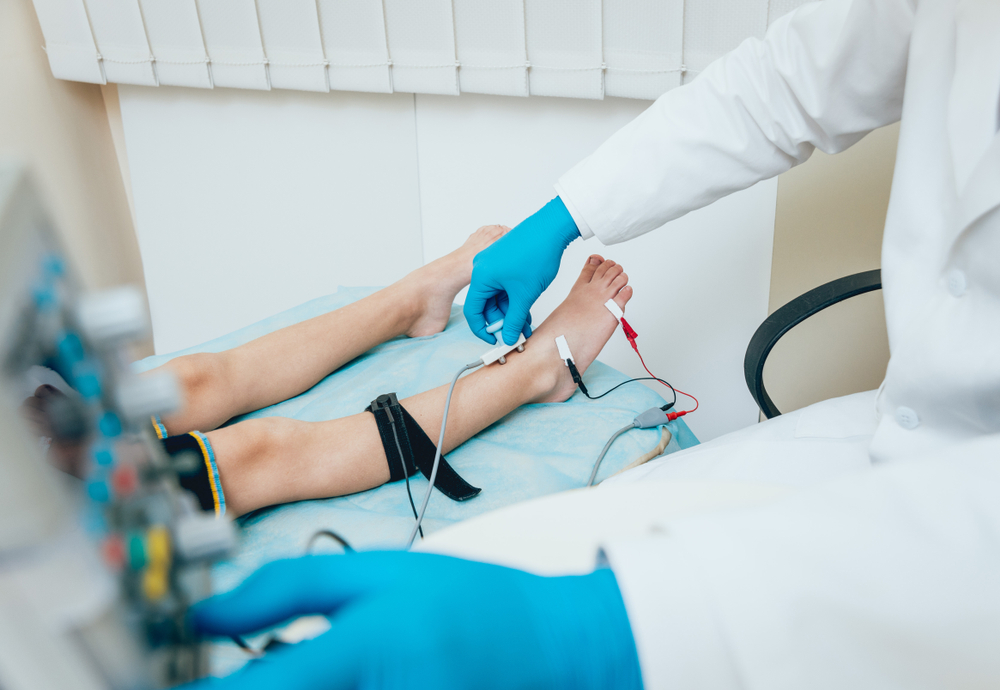
New York:
Florida:
Support